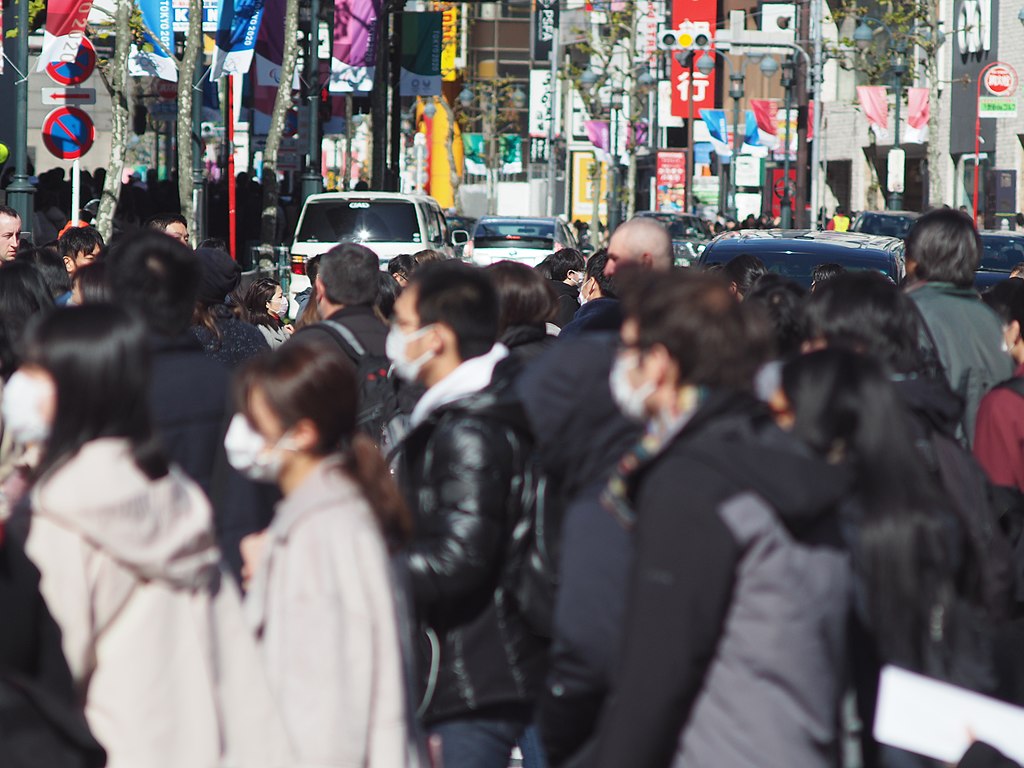The campaign for global immunization against the SARS-CoV-2 virus is proving tougher than everyone anticipated. The simple reason is that the world was never prepared for something like this. A combination of underfunded and disjointed health systems, dwindling vaccine supplies, and emerging variants compromising the efficacy of the available vaccines have complicated the roll-out for most countries, with many others being unable to even begin as the richest horde stock.
A key question that will be answered in the coming months is just how well the available vaccines work in the real world. Clinical trials are one thing, but gauging efficacy in the ordinary course of life (where it’s hoped that some degree of social mixing will now be restored), is another. An additional question, is how long does immunity actually last? In all this uncertainty, it’s increasingly looking like COVID-19 is here for the long-haul—which is perhaps only just a more solemn outlook on things. Managing it in the long-term would therefore require regular vaccination (and updated vaccines), at least to the extent that every country can be in a position where controlling outbreaks and developing vaccine-induced herd immunity is a feasible strategy. The ultimate question then, is whether the public health systems have the capacity for this new world.
This is a world where not only COVID-19 will linger, but where new pathogens are likely to emerge. The heightened occurrence of viruses worldwide is linked to corporate-led ecological destruction, and short of far-reaching systemic change, we will see more of them. It is therefore crucial that as we hope for the best and prepare for the worst, we draw from the experience of those administrations that have proven themselves capable of managing disease spread, but in a manner sensitive to the circumstances of their citizens. As was written by Vikram Patel and Richard Cash in The Lancet a while back: “Context is central to the control of any epidemic, a truism we’ve known for centuries but that we seem to have overlooked in this pandemic … The key principles of global health are context and equity. We urge less-resourced countries to devise policies that speak to their unique demographics, diverse social conditions and cultures, precarious livelihoods, and constrained infrastructure and resources.”
This week on AIAC Talk, we’re looking at both the successes (and shortcomings) of how places in Asia and the Pacific (like Bhutan, Vietnam, Japan and the Indian state of Kerala) responded to COVID-19, widely praised as avoiding the false dichotomy of saving lives or saving livelihoods. We are interested in developing a comparative perspective that refrains from oversimplifying it to a single factor. To help us assess these countries varied efforts we’ll be joined Sakiko Fukuda-Parr, a development economist and a professor of International Affairs at The New School, where her teaching and research have focused on human rights and development as well as global health.
Stream the show Tuesday at 19:00 CAT, 17:00 GMT, and 12:00 EST.
On last week’s AIAC talk, we were joined by Derek Hook, Precious Bikitsha and Phethani Madzivandhila to explore the life, thought and legacy of anti-apartheid revolutionary and Pan-Africanist Robert Sobukwe. Clips from that episode are available on our YouTube channel, but best check out the whole thing on our Patreon along with all the episodes from our archive.




